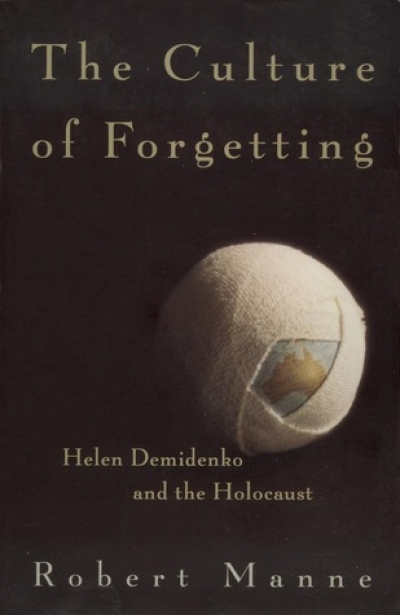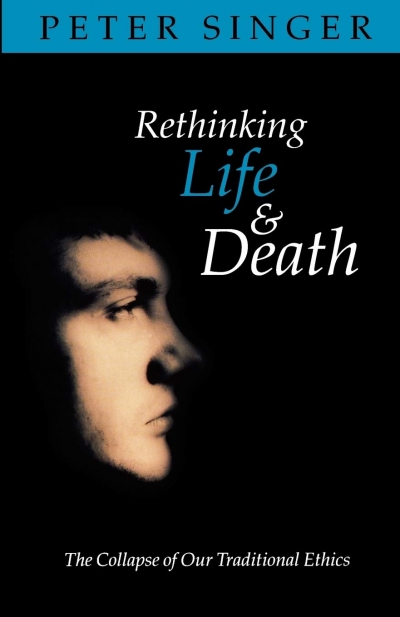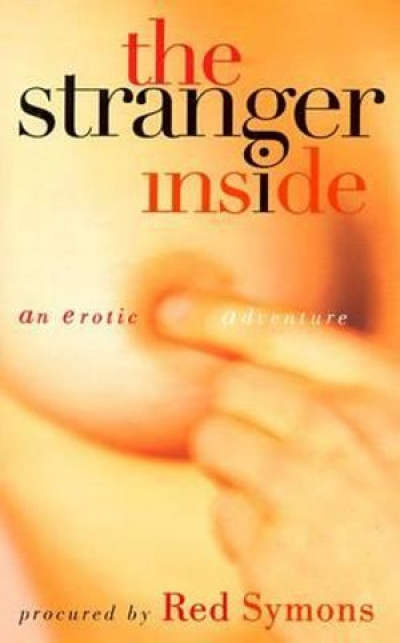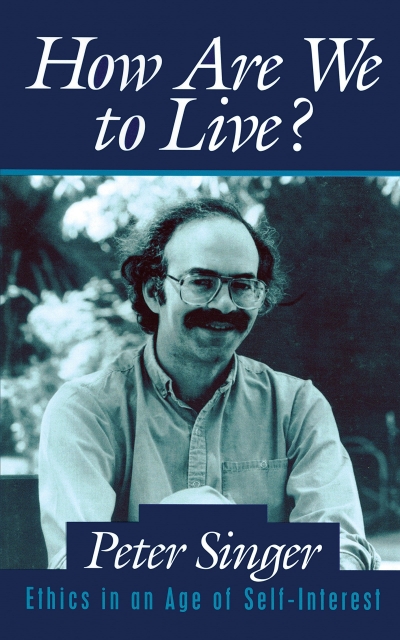Text Publishing
Confessions of an S&M Virgin by Linda Jaivin
by John Birmingham •
The Culture of Forgetting: Helen Demidenko and the Holocaust by Robert Manne
by Inga Clendinnen •
Rethinking Life and Death: The collapse of our traditional ethics by Peter Singer
by Jack Hibberd •
The Stranger Inside: An erotic adventure edited by Red Symons
by Kerryn Goldsworthy •
How Are We To Live?: Ethics in an age of self-interest by Peter Singer
by Veronica Brady •







